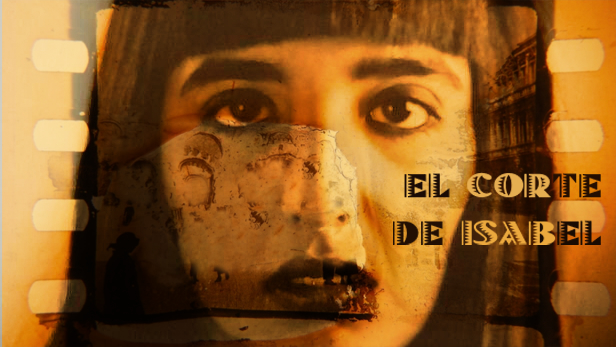Colombia, 1913. Nel villaggio caraibico di Las Aguas, il destino della giovane vedova Isabel Sorel cambia quando si manifesta l’esotico italiano Vincenzo Di Domenico. Alla guida di una appariscente carovana formata da altri due uomini bizzarri come lui, da due mule, un generatore elettrico, due casse di pellicole e un proiettore, Vincenzo Di Domenico ha raggiunto Las Aguas per mettere insieme uno spettacolo di cinema ambulante. Nonostante le barriere imposte da don Arturo, per il quale il cinema è un’invenzione del demonio, Isabel si avvicina alle magie offerte da Di Domenico, convertendosi così nella prima attrice del cinema colombiano. Tuttavia, nonostante il grande sforzo di tutta la produzione in un contesto ostile, cent’anni più tardi di questa pellicola paiono essersi perse tutte le tracce. Alla Cineteca di Torino, Alessia, una giovane restauratrice, porta avanti il lavoro di restauro del film pioniere del cinema colombiano in un contesto lavorativo tossico. Il capo della cooperativa a cui è stato subappaltato il lavoro, Gabriele, sta convertendo il processo di restauro in un incubo. Alessia trova però conforto in uno sguardo enigmatico e penetrante che l’attrice del film, Isabel Sorel, pare rivolgerle direttamente dal passato. Mentre si immerge con tutta se stessa nel suo lavoro, Alessia sembra perdere contatto con la realtà circostante, per ritrovarsi in un universo in cui i confini tra passato e presente, tra realtà e finzione, si fanno sempre più labili. “Ai Flores do verde pino”, il film perduto dei pionieri colombiani, si trasforma così in una superficie viva, una possibilità per scrivere una storia diversa.
Il film, ispirato da film come "La storia infinita" e "Everything Everywhere All at once", è una sorta di multiverso magico, nel quale convergono diversi piani temporali. È un omaggio al cinema e alla sua capacità di giocare con il tempo e di mescolare diversi linguaggi: film in costume, follow-movie contemporaneo, e un preciso lavoro sui personaggi principali (Alessia, Isabel), ai quali verrà affidato il compito di incarnare una ricerca personale, spirituale, artistica che li spinge ad annullare ogni frontiera tra realtà e percezione. Trasformando le loro vite, cercando di rendere il loro mondo quotidiano un luogo migliori, entrambe, Isabel e Alessia agiscono anche sulla Storia, la rendono un luogo in cui l’azione cinematografica dei singoli contribuisce all’insieme del tutto. Compiendo queste azioni, rispondono alla domanda sottintesa all’intero film: come sarebbe cambiata la storia di un’intera nazione, in questo caso della Colombia, se le pietre miliari, le pagine fondative, non fossero state macchiate di un vizio di forma originario? Come sarebbero state differenti tutte le nostre storie personali se la storia del cinema non avesse avuto origine da una narrazione che ha sempre messo al centro un maschio alfa caucasico?
